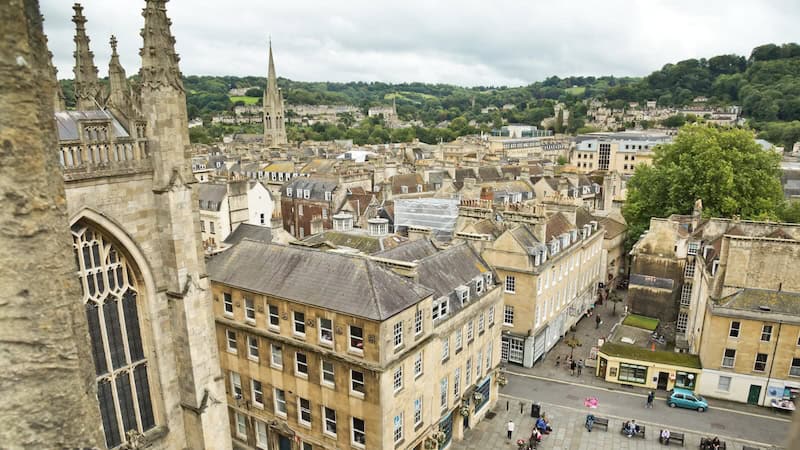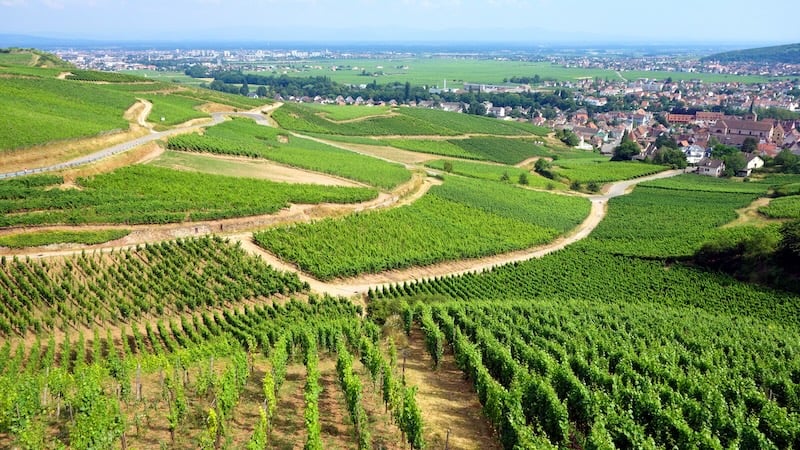Take a Hike to Antelope Canyon
The Arizona slot canyon holds a tragic past and contemporary appeal
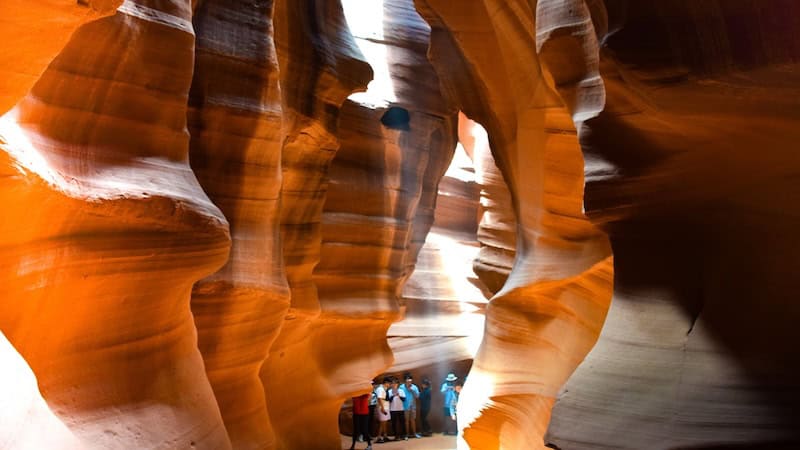
Despite its tragic history, Arizona’s Antelope Canyon remains a popular tourist destination. Classified more precisely as a slot canyon – a narrow passage carved out by water erosion over time – sunlight filters through slender openings over 100 feet above the canyon floor, creating spectacular waves of color that reflect off sandstone walls.
Located near Page, Arizona, there are actually several canyons (the Upper and Lower being most visited) on land owned by the Navajo Nation, so access is only possible by guided tours through several companies operating out of Page.
Stunning online images posted by previous canyon visitors enticed my wife and I to sign up for the tour of the Upper Canyon (upper as in above ground), which took about an hour and a half including a short ride to and from the site. If you’re considering a visit, it’s pricey – we paid around $85 per person. Note that no bags or backpacks are permitted unless made of transparent material. Also, there are no restrooms at the canyon site, so you may want to lay off that 20-ounce coffee before heading out.
We were transported from Page with 11 other passengers in a minivan, arriving in about 15 minutes (some tour companies use open-bed trucks). From there, it was an exhilarating short drive across the rather deep sand to the canyon entrance. That bumpy ride alone was almost worth the price of admission, with our guide-driver showing a clear preference for the accelerator over the brake pedal. It seemed all the drivers in the (many) other vehicles were similarly engaged in a friendly race to reach the canyon first.
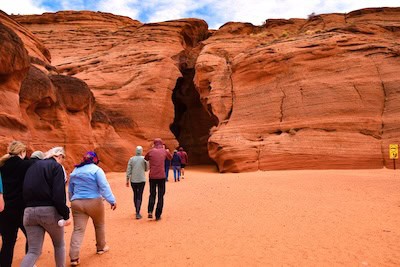
After a short walk across the sand, we reached the canyon opening. The guided stroll through the canyon corridors, which are only a few hundred feet in length, took about 50 minutes and was an easy, level walk. (The Lower Canyon is below ground, longer, with narrow stairs, and would be more challenging for anyone with mobility issues.) Exiting the canyon, there was a short sandy hill to climb, followed by a descending metal ramp with stairs returning to the bus.
The tours are extremely popular, so book in advance but take note of the weather forecast for the day, particularly the wind. During our tour, it was whipping furiously across the sandy plains gusting over 25 mph, making it rather unpleasant walking to and from the canyon – the fine orange sand lashing at our faces and in our eyes.
It was particularly annoying inside the canyon since it blew down through the same openings that delivered the sunlight, covering our entire bodies. The tour company advised wearing face masks and goggles on windy days, which several people did. Also, choose a bright sunny day (around noon during summer is best), since this produces the brightest colors on the canyon walls. We had a little sun, but it was mostly cloudy.
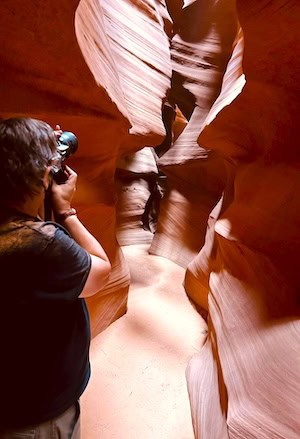 Despite being a windy, overcast morning, the colors reflecting off the canyon walls were still breathtaking as our tour guide led us through while sharing the history of the area. She paused every few minutes to take photos for each of us with our cell phones (which is why the walk took 50 minutes) and knew the precise spots within the canyon chambers with the best lighting.
Despite being a windy, overcast morning, the colors reflecting off the canyon walls were still breathtaking as our tour guide led us through while sharing the history of the area. She paused every few minutes to take photos for each of us with our cell phones (which is why the walk took 50 minutes) and knew the precise spots within the canyon chambers with the best lighting.
And no, you won’t see antelope in Antelope Canyon. The name originates from Navajo stories handed down through generations describing grazing animals near the canyon. But it remains a truly captivating destination despite its treacherous past – in 1997, a flash flood claimed the lives of 11 tourists hiking in the Lower Canyon.
Today, stringent safety measures have been implemented to prevent such a tragedy from happening again. Nevertheless, walking through the canyon across the soft orange sand surrounded by the serene colorful hues illuminating the canyon walls, it was hard not to imagine the horror those poor souls endured when suddenly swept away by raging floodwaters – the same waters that helped sculpt the canyon’s natural beauty over the years.
Nick Thomas teaches at Auburn University at Montgomery in Alabama and has written features, columns, and interviews for many newspapers and magazines, including many in the Boomer nostalgia and humor departments. His “Take a Hike!” column describes short trails, hikes, and walks from around the country that seniors might enjoy while traveling. His website is www.getnickt.org.
